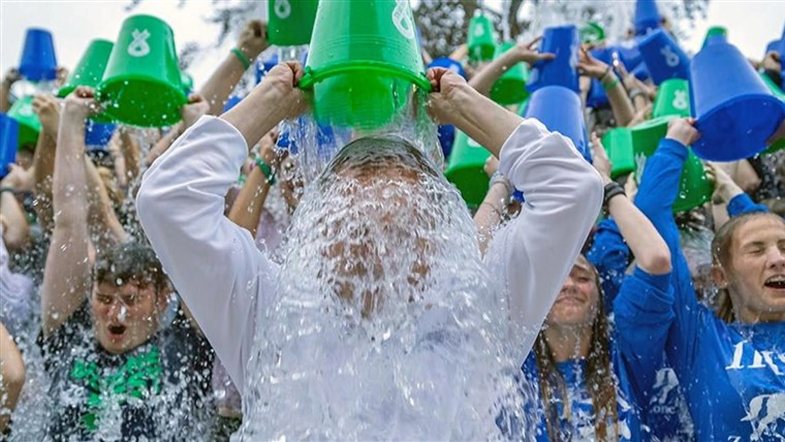
When the Ice Bucket Challenge went viral in the summer of 2014, Pete Frates's quest for effeminacy swept across the globe, raising millions of dollars and changing the course of ALS research.
ALS (Amyotrophic Lateral Sclerosis) - is a group of rare neurological diseases that mainly involve nerve cells (neurons) responsible for controlling voluntary muscle movement. The disease is progressive, meaning the symptoms worsen over time.
The Ice Bucket Challenge, conceived by golfer Chris Kennedy and suffering from amyotrophic lateral sclerosis, funded hundreds of research projects and was directly responsible for funding the Cambridge-based ALS Therapy Development Medicine Program.
Thanks to the Ice Bucket Challenge or Ice Bucket Challenge:
$ 115 million was donated to the ALS Association during the initial 2-week start-up period of the 2014 challenge.
The ALS Association and the National Institutes of Health invested $ 416 million in ALS research.
ALS research spending increased from $ 4-6 million a year to $ 17-19 million a year.
The number of patients receiving treatment increased from 15,000 to 20,000 per year.
5 new ALS-related genes were discovered, which will trigger new treatments.
33 new drug trials and 29 new observational trials have been conducted.
More than 17 million people uploaded videos of the Ice Bucket Challenge on Facebook.
29 excellent new excellent ALS treatment centers and 20 well-known new treatment centers were funded.
Thanks to a challenge, which ostensibly was just another game to be thrown on social media, today scientists have drugs and treatments that significantly reduce the symptoms of ALS and recently, a new drug is being tested for relief of symptoms.
Source: BostonHerald





